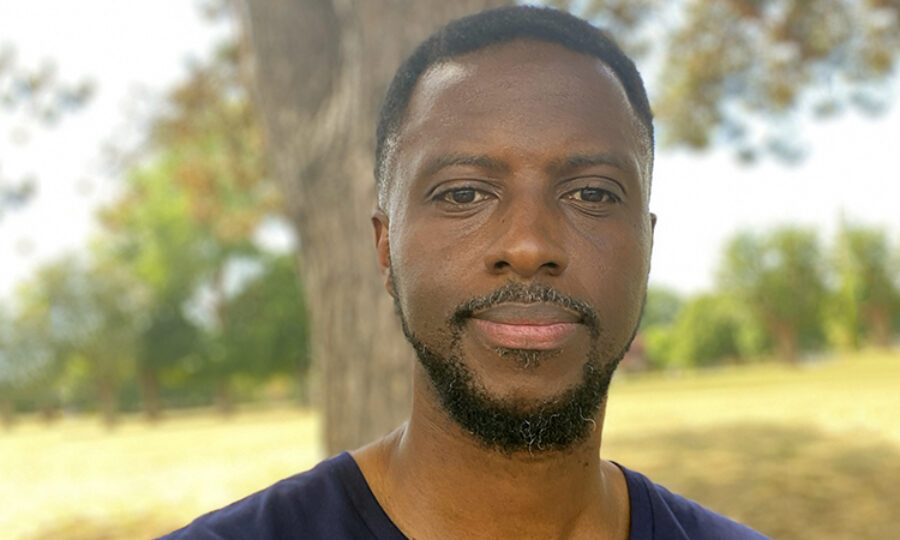On the money

Calvin Cowell is a financial expert. He helps people and organisations to understand finance, risk and budgeting through his consultancy and mentoring services. Calvin also recently gave a talk as part of Islington Council’s Black History 365 events programme. Here, he shares his advice for money and debt management
Debt isn’t necessarily a bad thing – many of us have some. The issue is ‘problem debt’, which is when you have more than you can manage, are in arrears, or it’s a heavy burden. That can be caused by life events such as having a baby, accidents, divorce, or changes in household income, or it could be due to a lack of financial knowledge, upbringing or attitude to risk. The groups often most affected by debt are people with disabilities, those in receipt of state support and older people, as they tend to have a fixed income. This means when prices rise, they cannot keep up. Women and ethnic minorities (particularly the African-Caribbean community) are also disproportionately affected.
The thing I most want people to understand is that it’s important to deal with any problem debt as early as possible – preferably before it becomes an issue. Managing your household budget makes you an accountant by default. It’s not everyone’s cup of tea, even the experts get it wrong! The worst thing you can do is shy away from dealing with it, because it will still be there when you come back to it. Embrace the opportunity to improve, even if you make mistakes along the way. Let creditors know if there’s a problem – after all, they want to get their money back, so it’s in their interests to help.
There are things you can do, too. Start by managing your own finances effectively – a ‘put your own lifejacket on first’ approach. Set goals, budget effectively and seek advice before you get into difficulty. I also think people should take more of an interest in local politics: attend council meetings, vote, visit your MP at their surgery or, if you can, volunteer. This puts power back your hands and gives you a say in the things that matter to you most.
Finally, remember to check in on each other. Often people are embarrassed, ashamed, or fearful of talking about their finances, which can affect their mental health. Being an ear to listen, even if you are not a financial expert, can be invaluable to someone that just needs to know that they are not alone.
Learn more about the programme and check out upcoming BH365 events
